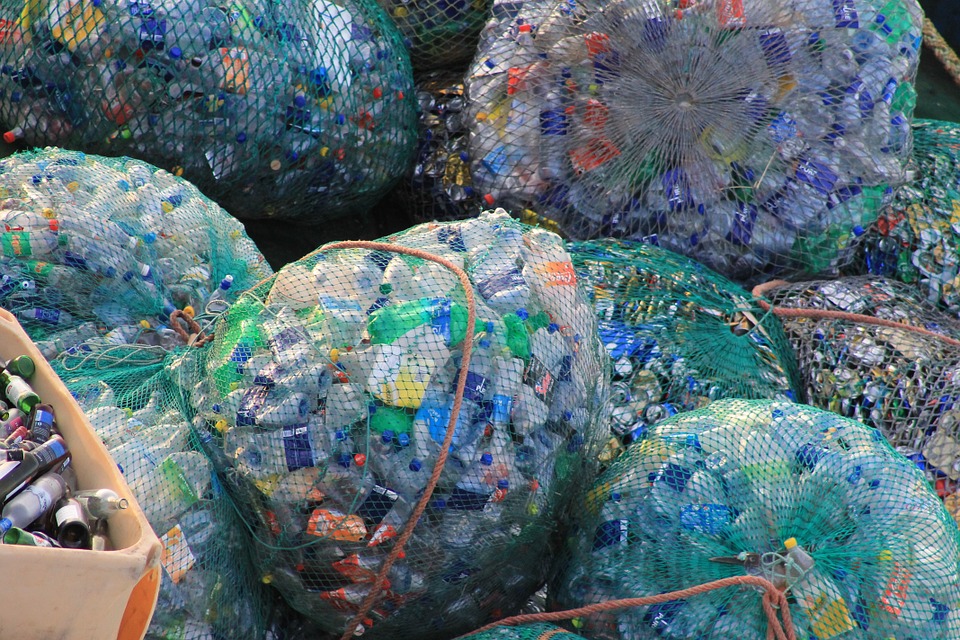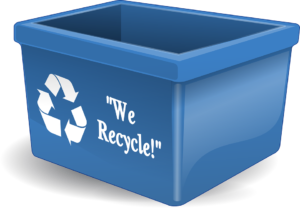Plastic Crisis–How we can help
Last week on my wellness blog, I focused on the wellness of our home–our Planet Earth. Trash, particularly plastic is a critical issue for the future of our planet. Pollution (not just plastic) threatens the very survival of our beautiful home here on Earth.

What can we do?
Many years ago my son developed two science projects that focused on recycling. He not only learned a tremendous amount in regard to recycling, he (and our entire family) became aware of other strategies to encourage people to be more environmentally responsible. I was proud of him and happy that he, even at a young age, was interested in environmental issues. Back in those days, the mantra for those concerned about reducing waste and protecting our environment emphasized three concepts…
Reduce, Reuse, Recycle
These strategies still hold true today and if we can implement these practices, we can contribute to saving our Earth.
Reduce
According to news.nationalgeographic.org, 40% of plastic that is produced is used in packaging. What are the ways we, as consumers, can reduce the use of plastic packaging?
Don’t buy it–That sounds too simplistic, doesn’t it? But, we can be more aware of what we buy. If there is a choice in buying something packaged in plastic or a different item packaged in something else more biodegradable, we can choose the alternative.
Buy less of it–Many times it is convenience foods, that we often purchase, that are the primary culprits for plastic packaging. Can we buy more whole foods and prepare our own meals? This is more work, but an analysis from the wellness aspect reveals two important concepts:
- Pre-prepared meals often contain more fat, sugar, and extreme levels of sodium. Home prepared meals are typically much healthier for us.
- Since pre-prepared meals are often packaged in plastic, using less of them reduces the necessary production of plastic, the use of plastic, and lowers the amount of plastic waste.
We can reduce the use of plastic grocery bags by carrying our own bags to the grocery store. This can be inconvenient, but can go far in reducing plastic bag use and the resulting waste. Americans use an average of 365 plastic bags per year while Denmark residents only use four (news.nationalgeographic.org). We can reduce use of plastic bags!
Consider alternatives–Since the popularity of bottled water sky rocketed, plastic water bottles have become a worrisome source of pollution. But there are alternatives to bottled water. We can use the insulated, reusable cups and wash them daily. This may be less convenient, but can reduce the use of bottled water. In 2015, Americans used 111 billion plastic beverage bottles (news.nationalgeographic.org). With some lifestyle changes on our part, we can take steps to cut back on our consumption of beverages from plastic bottles.
Reuse
Whenever it is necessary for us to buy plastic, we should consider whether of not we can reuse it before disposing or recycling. There are some things we shouldn’t reuse (i.e. plastic water bottles), but there are other plastic items that we can use. However, keep in mind that some researchers advocate that we not store or reheat food in plastic.
Plastic bags can be used again before being recycled. I keep a stash in my car when I visit those grocery stores that do not provide bags.
Plastic drinking cups can be washed and reused before being recycled. The sturdier cups can be washed in the dishwasher for reuse.
Recycle
This is where we, as residents of Earth, can have the biggest impact. For every item that you buy, please examine and look for the recyclable symbol. If you are blessed to have curbside recycling, please recycle every type of plastic your community will accept, but don’t stop there!
For items that you cannot put in curbside, try to find other locations in your community that accept this plastic. For example, my curbside pick-up will take plastics items 1-7 (YAY!), but not plastic bags. So, I take plastic bags to stores where recycle bins are located. Some stores (such as Food Lion) will take any type of clean plastic bag (bread or produce bags and plastic film that is used in wrapping products). All plastic bags that are recycled should be clean before placing in the bin.
Overcome the battle of inconvenience! I’ve had many friends or colleagues to admit to not recycling, simply because it’s easier to toss items into the trash.
- We might need to look for the recycle bin.
- We may have to put the bottle or container in our car until we find a recycle bin.
- If a facility doesn’t have a recycle bin, perhaps we can suggest they begin recycling or provide a bin for them. Sometimes people forget or don’t know about the importance of recycling.

It isn’t always easy or convenient to recycle, but it is important for the future of our Earth that we recycle whenever we can and encourage others to do so.
Please, if you have recycling tips to share, comment. Our home here on Earth is so beautiful. Let’s work together to save it for future generations.

Recycling is very important in Canada. Toronto is heavy into recycling. No grocery stores give out plastic bags. You have to bring your own. They even have facilities where you can drop off empty beer bottles, wine and liquor bottles. I think we need to become more aggressive about recycling and get our representatives on board with recycling.
Sylvia, Thank you for letting us know what our friendly neighbors to the north are doing in support of recycling. I wish we could learn from Canada and our European colleagues and make improvements in our conservation and recycling initiatives. You are right–we need to try harder and it would make such a big difference if our elected officials would be more environmentally aware and concerned.